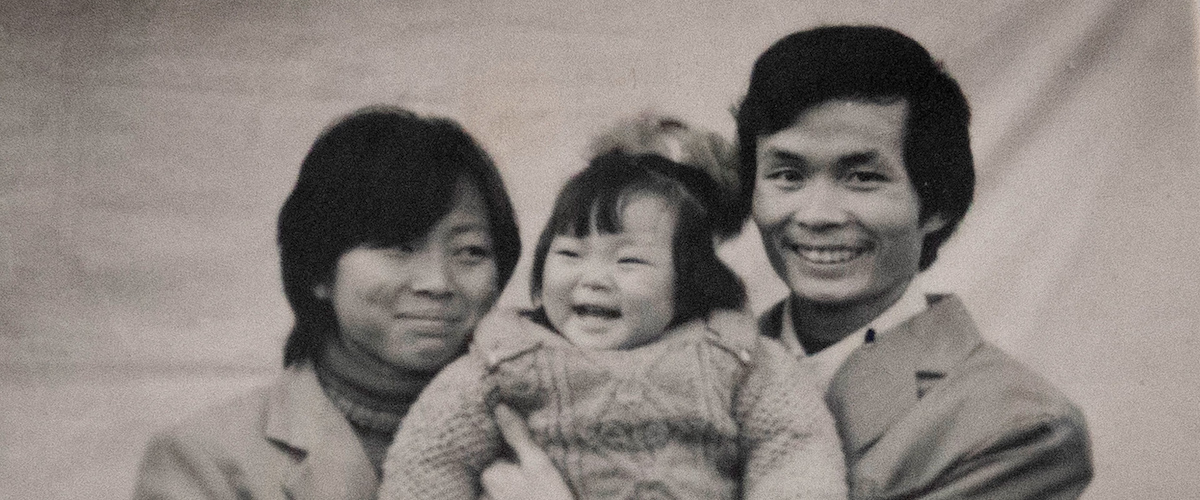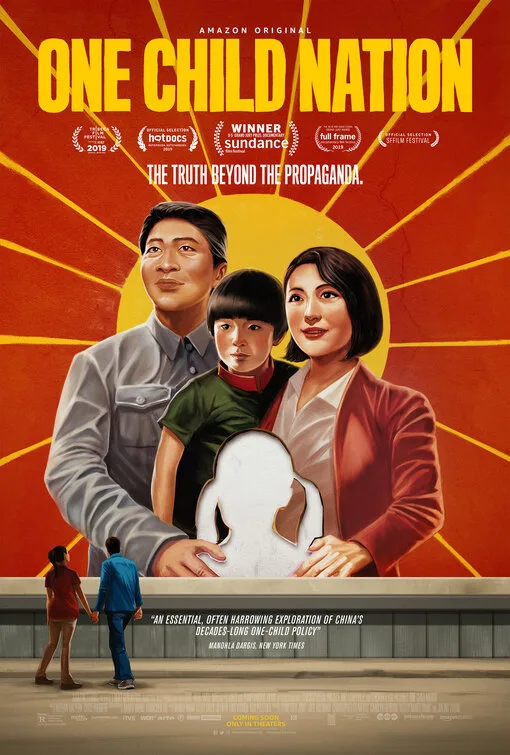For nearly three decades, Mainland China implemented a policy in which a married couple were limited to a single child (in rural in rural areas, two children were permitted, and having boys was, one could say, strongly encouraged). There was only limited awareness of such a policy the United States, where it was a weird kind of “Believe It or Not” factoid—“Hey in China you’re only allowed to have one kid, how weird is that?” But a new film co-directed and narrated by a filmmaker who was born in China during that period, and subsequently emigrated to the United States, sheds an often cringe-inducing light on the cruel logistics and tactics with which this policy was enacted.
Nanfu Wang and Jialing Zhang took no small risk in traveling to China where Wang interviewed relatives, activists, journalists, abortionists, human traffickers and children for “One Child Nation.” The movie begins on an anodyne note, reprising some cheesy Mao-era-inspired propaganda about how the best family is the one-child family, and laying out the desperate situation China was in when the policy was implemented in 1979. No one disagrees that something had to be done. The food supply could not keep up with the potential population boom. “There would have been cannibalism,” one interviewee states bluntly.
As the movie lays out, the problem was attacked with not just propaganda but with action of exceptional ruthlessness. One medical practitioner talks of performing tens of thousands of late-term forced abortions and forced sterilizations over the course of 25 years. The details of these operations are discussed in such grisly detail it would be easy to mistake it for anti-abortion editorialization in and of itself. (Late in the film Wang discusses the irony of living in a United States where abortion rights are being restricted, which clarifies things.) There are other horror stories: a photographer and artist whose work was inspired by a photo of a junkyard he took in which he discovered the detail of a dead abandoned fetus.
“One Child Nation” travels from China to Utah, where a couple researches Asian children adopted in the United States under false premises. The tragedies and sorrows go far and wide.
What we learn is fascinating and troubling, albeit within a narrow range. Because Wang and Zhang did their shooting in China without any kind of official sanctions, there’s naturally no perspective from anyone higher up in the chain of command. So many of the operatives for the policy echo the same sentiment: there was nothing they could do to oppose things. The policy was “too strong.” There’s a shadow story here, about how an authoritarian government can, with the will and the resources, construct a ghastly policy apparatus so overwhelming it can not be effectively resisted or even questioned.
Wang and Zhang’s film ends with an explication of a new “two child” policy, a celebration of the one-child-policy’s overall success. The propaganda for his policy is as cheesy as that for the old one. A sense of dread as to how this policy will be enacted intermingles with a strange feeling that a true reckoning with the old way is still very far off.




















